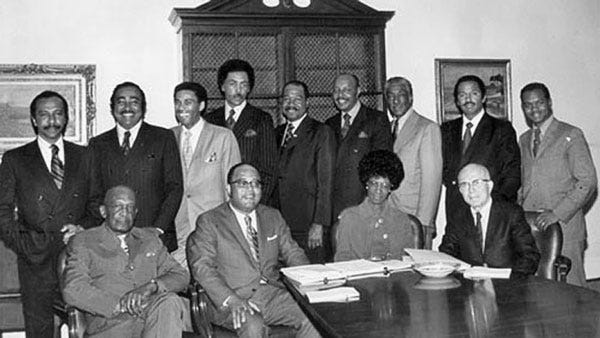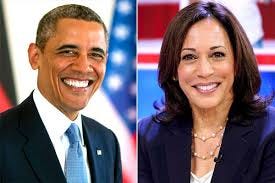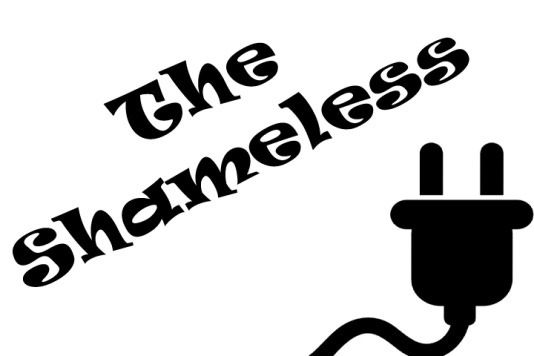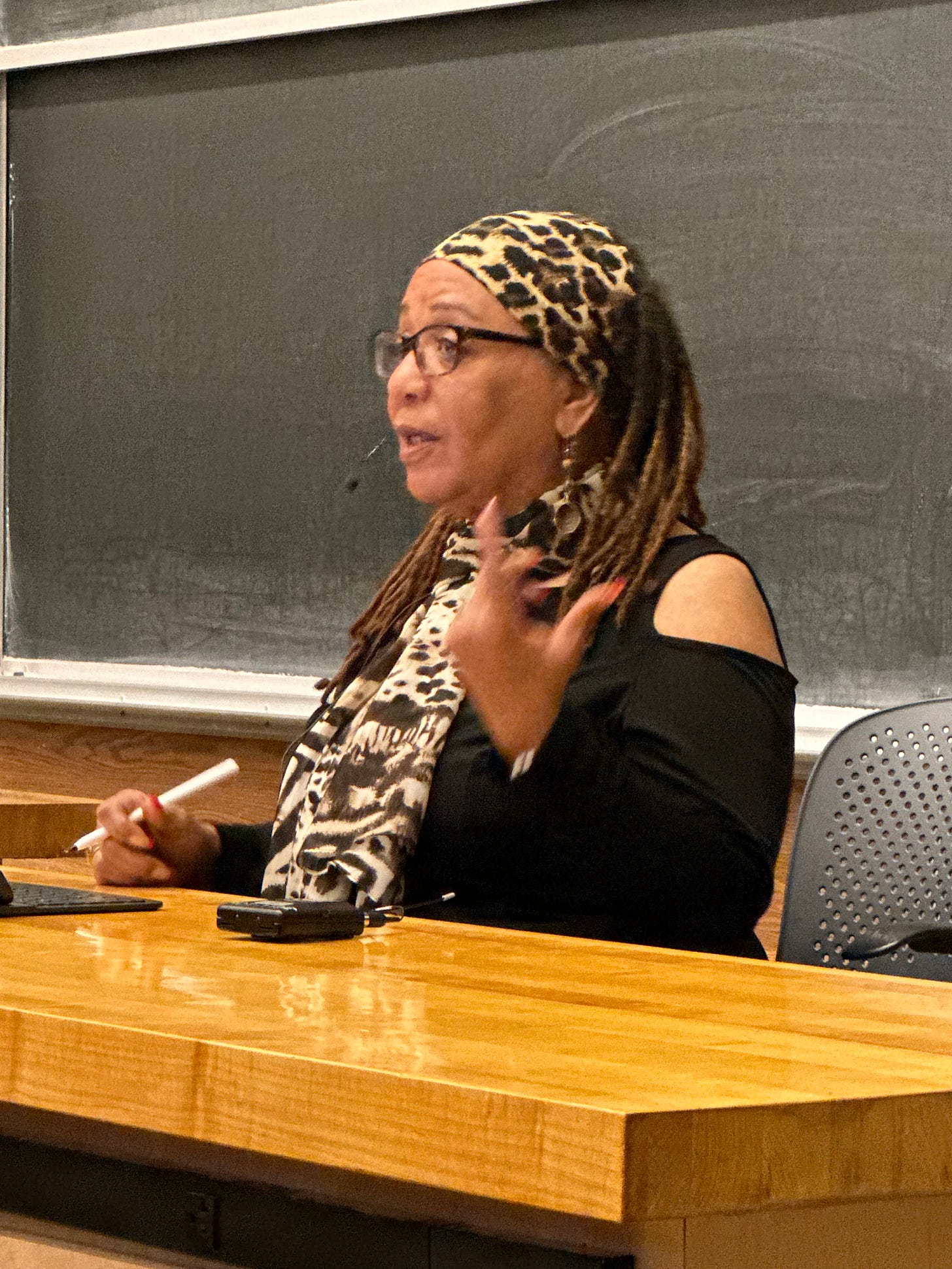Today In Black History: The History and Legacy of the Congressional Black Caucus
Founded after a record number of Black representatives came to Congress because of the 1960s Civil Rights Movement
Issue #752 Today In Black History, Monday, October 21, 2024
There are no ads or popups in our Substack.
However, to further support our businesses, please see the “Shameless Plug” information at the end of this article.
If you like us, REALLY like us, please click the “Like” button at the end of this post!
Your “Likes” mean a LOT to us! We appreciate your support!
The Founders of the Congressional Black Caucus in 1971
Formally established in 1971, the Congressional Black Caucus was born out of necessity and opportunity. The civil rights struggles of the 1950s and 1960s ushered in a new era of political engagement among African Americans. By the late 1960s, many more Black representatives had been elected to Congress, seeking to address the systemic inequities that plagued their communities.
Representative Charles Diggs of Michigan first suggested the idea of a caucus. He foresaw the potential collective power of Black legislators who shared common goals. Alongside 12 other Black House of Representatives members, Diggs helped lay the groundwork for what would become a formidable force for advocacy and legislative change.
The Congressional Black Caucus (CBC) was established in 1971 by 13 founding members. The founding members included:
Rep. Shirley A. Chisholm (D-N.Y.)
Rep. William L. Clay, Sr. (D-Mo.)
Rep. George W. Collins (D-Ill.)
Rep. John Conyers, Jr. (D-Mich.)
Rep. Ronald V. Dellums (D-Calif.)
Rep. Charles C. Diggs, Jr. (D-Mich.)
Rep. Augustus F. Hawkins (D-Calif.)
Rep. Ralph H. Metcalfe (D-Ill.)
Rep. Parren J. Mitchell (D-Md.)
Rep. Robert N.C. Nix, Sr. (D-Pa.)
Rep. Charles B. Rangel (D-N.Y.)
Rep. Louis Stokes (D-Ohio)
Del. Walter E. Fauntroy (D-D.C.)
One of the caucus's first major actions was boycotting President Richard Nixon's 1971 State of the Union address. This bold move captured national attention and underscored the CBC's commitment to holding the government accountable for the systemic discrimination faced by Black Americans.
“We now refuse to be part of your audience,” Rep. William Lacy Clay, Sr. (D-Mo.) wrote to President Nixon on behalf of the caucus, explaining that President Nixon’s refusal to meet with the caucus was evidence that the Administration wasn’t interested in helping the African American community.
President Nixon eventually agreed to a March 1971 meeting with the caucus. During the meeting, the CBC presented President Nixon with 61 recommendations to eradicate racism, provide quality housing for African-American families, and promote the full engagement of African Americans in government.
“Our people are no longer asking for equality as a rhetorical promise,” Diggs said. “They are demanding from the national Administration and elected officials without regard to party affiliation, the only kind of equality that ultimately has any real meaning—equality of results.”
“Even though we think first of those we were directly elected to serve, we cannot, in good conscience, think only of them—for what affects one black community, one poor community, one urban community, affects all,” the CBC wrote to Nixon in 1971.
Press coverage of the meeting and the events leading up to it introduced the CBC to the nation. A few years later, in 1973, the CBC would be among the first members of Congress to call for President Nixon’s impeachment.
The CBC has been at the forefront of numerous legislative initiatives. It played a critical role in pushing for the extension of the Voting Rights Act, combating apartheid in South Africa, advocating for criminal justice reform, and addressing the disparities in education and healthcare access faced by Black communities.
Over the years, the CBC has cultivated a legacy of strong leadership and advocacy. Notable figures have emerged from its ranks, including Representative Shirley Chisholm, the first African American woman elected to Congress and a founding member of the caucus; Representative John Lewis, a civil rights icon whose dedication to justice influenced generations; and Representative Maxine Waters, known for her tenacious fight against systemic inequities.
In 2008, then U.S. Senator Barack Obama (D-Ill.) was elected President of the United States, making him the first and only African-American, the first and only member of the CBC, and the first and only member of a minority congressional caucus to be elected to the nation’s highest office.
“On the challenges of our times…on the threats of our time…members of the CBC have been leaders moving America forward,” President Obama said at the Congressional Black Caucus Foundation’s 45th Annual Phoenix Awards Dinner in 2015.
He continued, “Whatever I’ve accomplished, the CBC has been there. I was proud to be a CBC member when I was in the Senate, and I’m proud to be your partner today.”
Vice President and current 2024 Democratic candidate for president was also a member of the CBC when she was a Senator from California.
Barack Obama and Kamala Harris were members of the CBC when they were U.S. Senators in the 2000s.
As the nation faces complex social, economic, and political challenges, the CBC's role remains critical in championing the rights and interests of Black Americans and other marginalized communities.
Today In Black History
In 1835, the New York Antislavery Society was formed in Utica, New York, with about 600 delegates in attendance.
In 1872, James H. Conyers became the first African American to enter the U.S. Naval Academy.
In 1950, Earl Lloyd became the first Black person to play in an NBA game; he later became the NBA’s first Black assistant coach and the first Black Chief Scout.
In 1964, Abebe Bikila of Ethiopia won the marathon in world record time, becoming the first athlete to win the Olympic marathon twice.
In 1980, Black inventor Valerie Thomas invented the illusion transmitter.
In 1986, Black inventor George Alcorn patented the fabrication of a spectrometer.
In 1989, Bertram M. Lee and Peter C.B. By one signed an agreement to purchase the National Basketball Association’s Denver Nuggets for $54 million, becoming the first African American owners of a professional basketball team.
All “We Are Speaking” posts are now free for everyone to read!
Please check out Keith’s SciFi Musings Substack for posts about fantasy, sci-fi, and Afrofuturism!
Our paid subscribers are encouraged to discuss this post in our W.A.S. Chat Community.
Join Pamela Hilliard Owens’s subscriber chat
Available in the Substack app and on the web
You are also welcome to view “We Are Speaking” in Substack Notes. You can also read other Substack publications without subscribing to them when you join Notes.
Did you know that you can listen to each “We Are Speaking” post on the Substack App? Download the app!
For 50+ years, I have been an educator, a sales leader, an author, and a business coach for creatives.
Find out all about me, what I do, and where I am online at this link.
Independent Authors and Creative Professionals: Learn to Successful Brand and Market your Books, Products, and Services!
Indpendent Authors: Completing Your Manuscript is Just the First Step. Enroll in the Author and Book Marketing Course.
Creative Professionals: “If you build it, they will come” is not a marketing strategy. Enroll in the Essential Creative Marketing Course.










